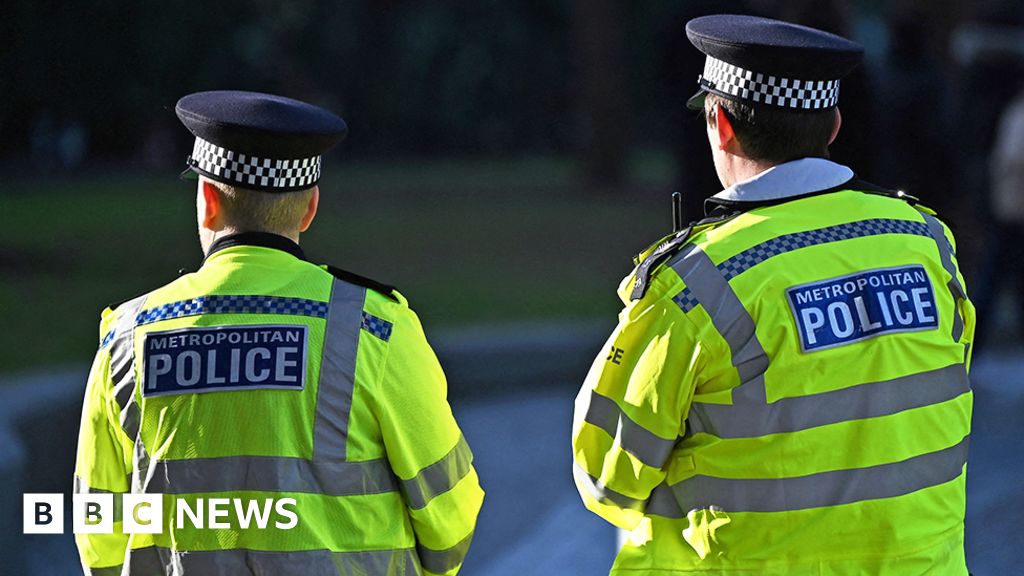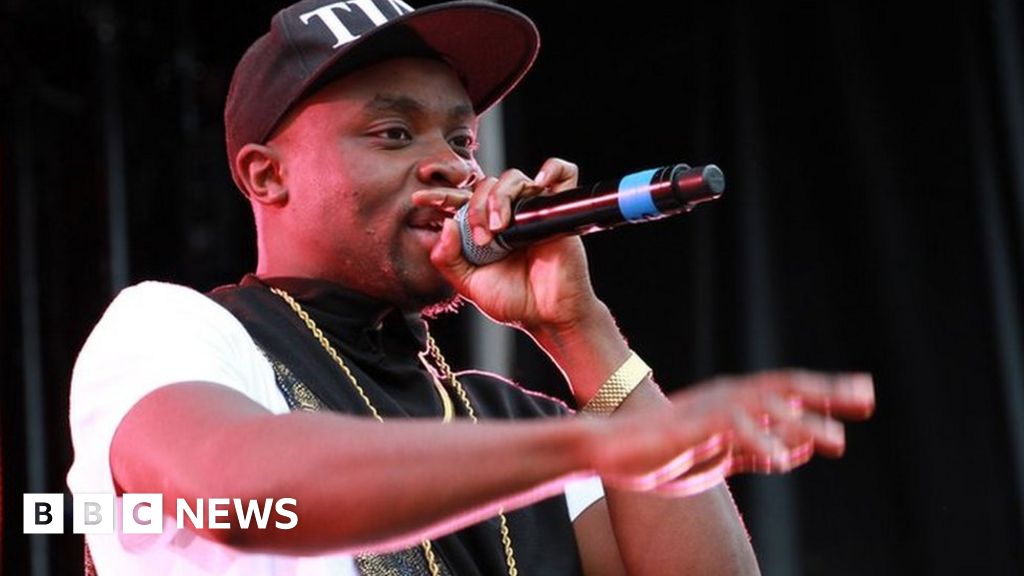- Joined
- Apr 3, 2023
- Messages
- 1,092
- Reaction score
- 369
- Points
- 352
- Ballots
- 🗳️0.000000
- DB Transfer
- 🔄0.000000
The Metropolitan Police has failed to change in the 30 years since the murder of her teenage son, Baroness Doreen Lawrence has told BBC News.
Weeks after a landmark report found evidence of continuing systemic racism, Baroness Lawrence said officers can be "as brutal as they want" without being held to account.
She told the BBC the findings of the Casey Review did not surprise her.
Black people are never seen as "people that should have justice", she added.
It is now 30 years since the murder of Stephen, and Baroness Lawrence sat down with me ahead of a memorial service for her son. She told me she had spoken to the Met's Commissioner Sir Mark Rowley and told him promises of change must be judged against the experience of the public.
Eighteen-year-old Stephen was killed in 1993 in an unprovoked racist attack by a gang at a bus stop in Eltham in south-east London. Two of his five suspected killers were jailed for murder nearly 20 years later.
The 1999 Macpherson Report into the failed investigation into Stephen's death found there had been "institutional racism" in the Metropolitan Police. The watershed report made 70 recommendations, many aimed at improving police attitudes to racism.
Twenty-four years on, Baroness Louise Casey's recent report once again found the force to be an institutionally racist organisation - as well as homophobic and misogynistic.
Baroness Lawrence told me she did not believe she would ever see full justice for her son's murder. She says that without the family's constant pressure, even those two convictions in 2012 would not have happened.
"Within the black community, how we're treated, how crime's investigated, we're never seen as a group of people that should have justice," she says. "So everything that we've had, we've had to fight for - and continue to fight."
I have covered the Lawrence story since the 1990s and have watched and interviewed Doreen many times as she campaigned for justice for her son. The private person we will never know, but her public persona has changed considerably. Back then, she treated her encounters with the media as a necessary evil, her only means of keeping her family's cruel denial of justice in the public eye.
Day after day, during the Macpherson Inquiry hearings into the botched murder investigation, I would watch from the media pen as Doreen braced herself to run the gauntlet of the cameras waiting to catch her as she arrived. Her face was taut with the strain of daily exposure, and of having to relive, through the evidence, the tragedy that had befallen her - all in the full glare of publicity.
A private, guarded person, Doreen Lawrence was the most reluctant of figureheads, a bereaved mother who wore her grief heavily like armour, and who endured the spotlight only in the fervent hope of seeing her son's killers convicted - and the police exposed for their failings.
Thirty years later, Baroness Lawrence of Clarendon has lost none of her steel. But she is a more relaxed person, more comfortable in her public role, and with an easy warmth. There is no rest for her though, and perhaps there never will be.
Review after review after review, the problem of racism, misoygyny , you name it STILL exists
- The Source Link
- https://www.bbc.co.uk/news/uk-65277940




